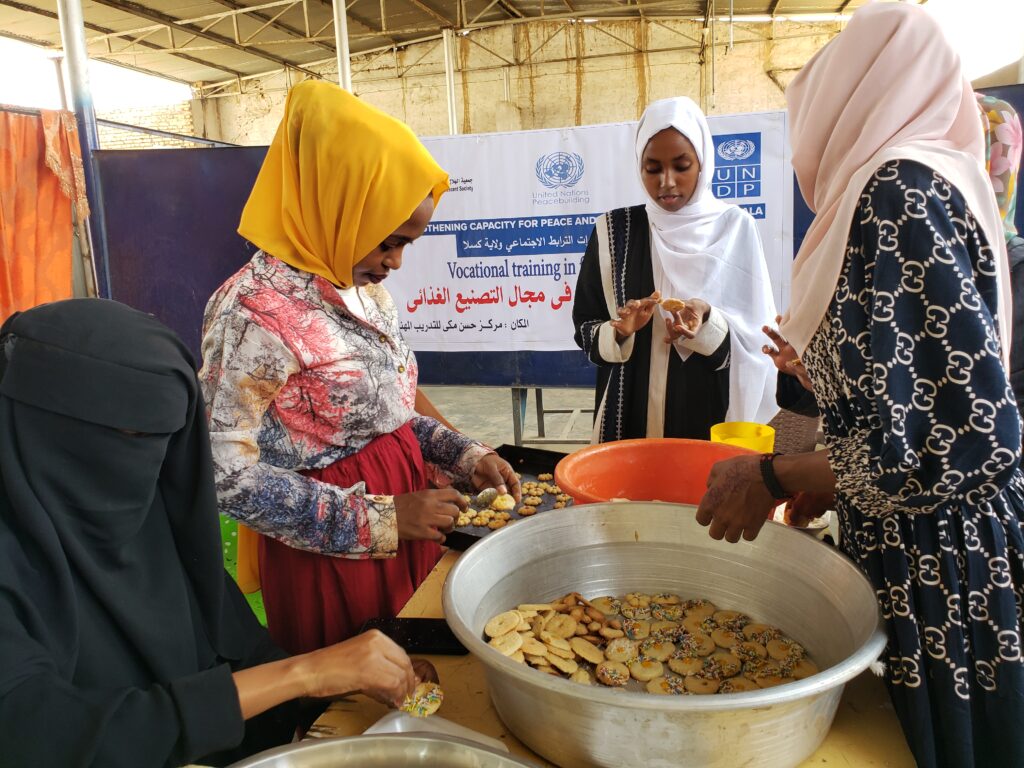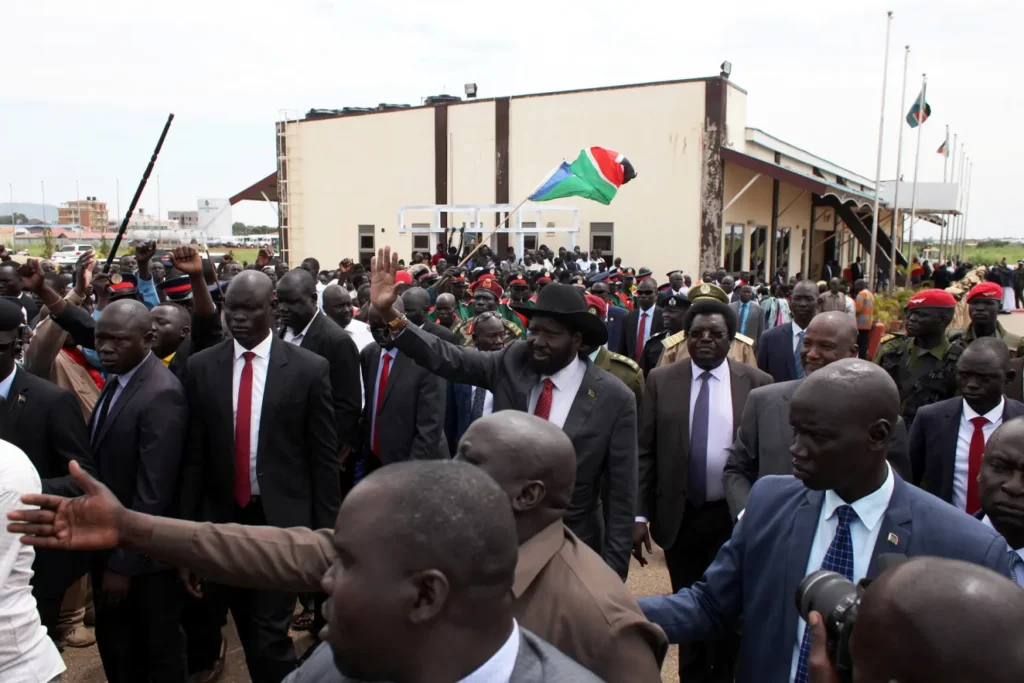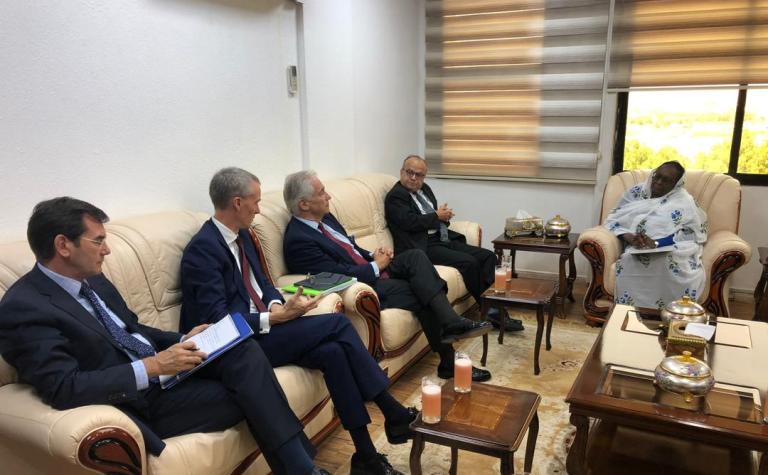
In a new humanitarian disaster in Sudan, dengue fever has swept through the Al-Qadarif state in eastern Sudan with extreme severity, quickly turning into what resembles an epidemic, affecting almost every household there.
Medical sources have confirmed that hundreds have fallen victim to dengue fever, with hardly a household in Al-Qadarif free from this deadly disease. Hospitals and treatment centres, both private and public, continue to receive new cases around the clock.
In Al-Qadarif state, located approximately 414 kilometers east of the capital Khartoum, the health situation is catastrophic, and the health authorities there seem helpless in the face of this crisis.
Citizens have revealed that the cost of laboratory tests and treatment has multiplied to exorbitant figures that exceed the capabilities of patients and their families, who are already struggling with poverty and the harshness of life. The vast majority of them have lost their sources of income and savings after the outbreak of the war in Sudan.
As usual, crisis profiteers quickly emerged to exploit people’s suffering and pain, seeking to gain significant profits, especially when dengue fever medications gradually disappeared from pharmacies. Obtaining them became difficult, and there was no choice but to resort to the black market to get the needed medications.
Dengue fever is transmitted by a type of mosquito called “Aedes.” The disease is more common in regions with tropical and subtropical climates.
As for its symptoms, dengue fever usually starts suddenly, causing fever, chills, severe headache, pain when moving the eyes, extreme fatigue, and generalized body aches, especially in the back, legs, and joints. These pains are often very severe, to the extent that the disease has been referred to as “breakbone fever” or “bone-breaking fever.”



